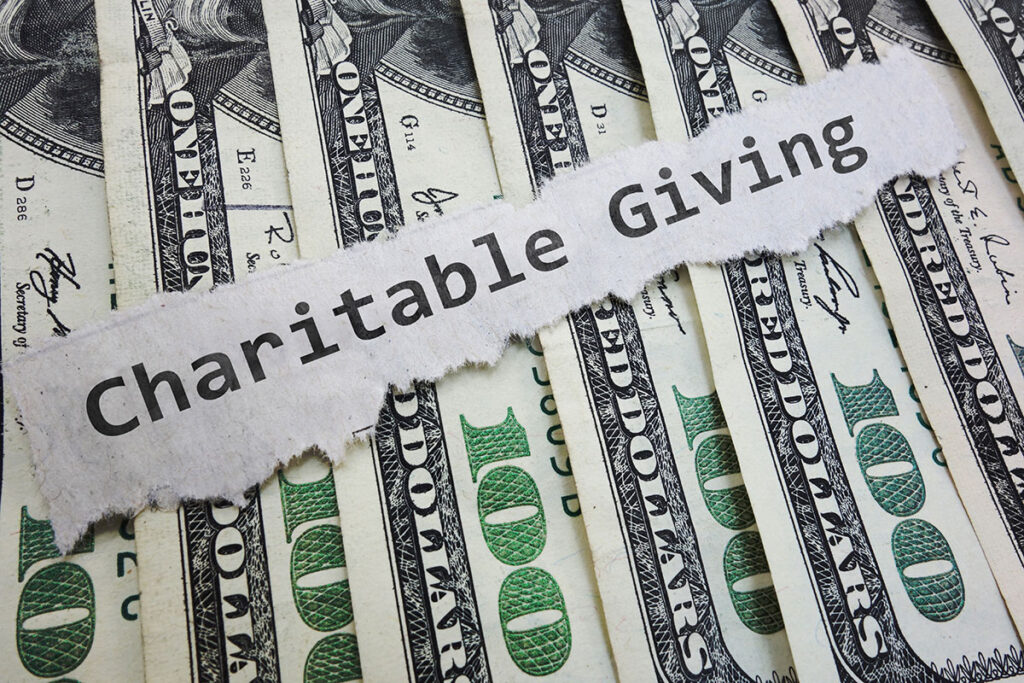Making a charitable donation is a noble gesture and can offer tax benefits as well. This incentive helps to encourage people to give money or goods to qualified charities. In addition to providing a tax break for donors, these contributions also help charities raise much-needed funds.
However, before donating, there are many things to consider to make sure that you’re taking advantage of all the tax breaks available to you and that your donation is going to the right place. This guide will give you an overview of what you need to know about tax-deductible charitable contributions.
How Much Can I Deduct?
But how does it work? And what kind of deductions are available?
You can deduct up to 60% of your adjusted gross income for donations to qualifying charities. This includes cash contributions and property or goods donated to a charity.
Donations must be made to qualify for a deduction. You cannot simply give someone money and expect a deduction; the donation must go directly to the charity.
You’ll need to file Form 1040 and attach Schedule A to claim a deduction.
Things To Keep In Mind About Tax-Deductible Donations
However, there are some things you need to weigh ahead of time before making a decision.
One thing to consider is how much the donation will reduce your real estate taxable income. If you’re in a higher tax bracket, your deduction will be worth more. However, it might not be worth as much if you’re on a lower shelf.
Another thing to think about is whether or not the charity is reputable. You don’t want to donate money only to go towards administrative costs instead of the cause you were hoping for. Do some research on the charity ahead of time and see how much of your donation goes towards helping those in need. These include churches, synagogues, mosques, specific charities, and other nonprofit groups.
The IRS has a searchable database of qualified charities on its website. You can also find out if a charity is qualified by checking their status with the Better Business Bureau’s Wise Giving Alliance or Charity Navigator.
It is also important to document your donations. This can be done with a receipt from the charity, a bank statement showing the donation was made, or even a written note from the charity itself acknowledging your gift. If you donate goods instead of cash, you must have a receipt from the charity indicating the value of the goods.
To conclude, charitable contributions are a great way to give back to the community and receive a tax deduction. However, it is important to understand the rules and regulations surrounding these deductions to make sure you are getting the most benefit possible and that your money goes to the best place and gets the most benefit for you and your community. Always consult with a tax professional to get advice specific to your situation about how you can benefit from making charitable contributions.
